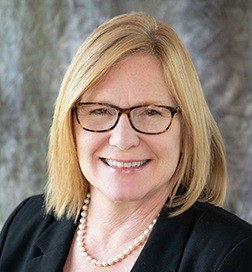This week, Congresswoman Michelle Fischbach (MN-7) introduced her first bill as a Member of Congress. H.R. 1963, the Child Care Choices Act, prioritizes parental choice and opens the doors for more home-, family-, and faith-based child care options. The legislation is aimed at easing the child care shortage felt by many families.
“Finding affordable child care has become a near-impossibility for many working families across the country. Providers are opting to leave the industry entirely rather than navigate the complex regulatory barriers, and many communities are left in a ‘childcare drought’ as a result,” said Congresswoman Fischbach. “When making decisions for their own family, parents know best – and we should be supporting them in choosing which child care option best meets their needs, whether it’s home-, family-, or faith-based.”
The Child Care Choices Act would reform the Child Care Development Block Grant by directing states to prioritize direct child care assistance payments to families in the form of vouchers. In an effort to limit potential bias against certain types of child care providers and bring additional price transparency to families, the legislation would require states to detail how payment rates to providers are set. While states would retain the ability to differentiate payment rates, the Child Care Choices Act would prohibit them from doing so based solely on whether a provider is home-, family-, or faith-based.
“States should not be in the business of picking winners and losers in the child care market, and they certainly should not be deterring families from the child care option that makes sense for them,” said Congresswoman Fischbach. “It is imperative that working families have access to affordable child care options in their own communities.”




